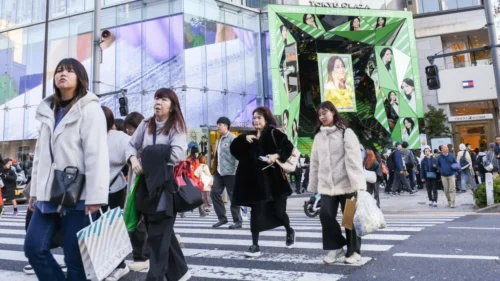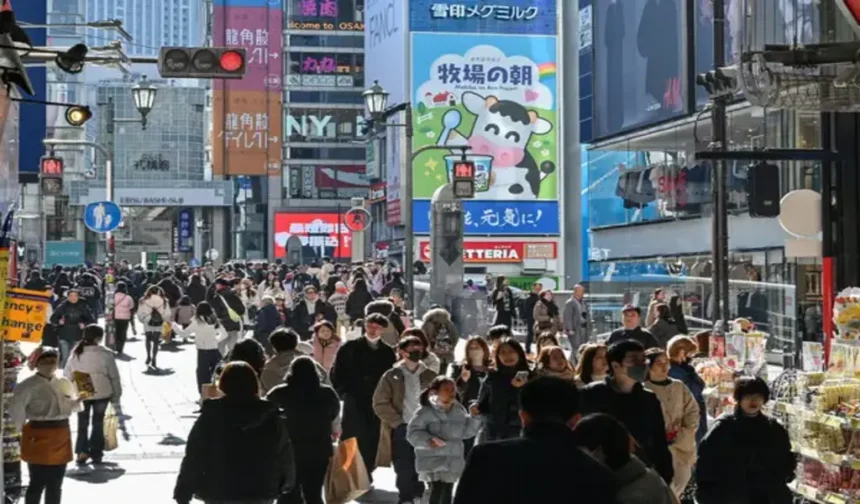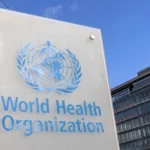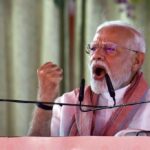To control soaring prices, Japan’s central bank has raised borrowing costs to their highest point in seventeen years.
The Bank of Japan (BOJ) has decided to boost its short-term policy rate to 0.5%. This decision was made just a few hours after the most recent economic data revealed that prices increased at the quickest rate in sixteen months during the previous month.
Bank of Japan’s Rate Hike Follows Unexpected US Jobs Report
Investors worldwide were surprised by the Bank of Japan’s (BOJ) recent interest rate hike in July, which, combined with a disappointing jobs report from the United States, triggered a selloff in the stock market.
To avoid another market shock, the bank’s governor, Kazuo Ueda, announced the recent interest rate hike beforehand.
According to the official figures, Japan’s core consumer prices rose three percent in December.

This move came just a few days after Donald Trump returned to the White House and marks the first rate hike the BOJ has implemented since July.
During the election campaign, Trump threatened to implement taxes on all imports into the United States. This could greatly affect exporting nations like Japan.
The Federal Reserve is currently addressing inflation by raising interest rates; however, it will also have the flexibility to lower rates if the economy needs a boost.
The Bank of Japan (BOJ) increased the cost of borrowing money for the first time since 2007 in the previous year.
Following the implementation of this increase, there are no longer any nations that have negative interest rates.
Individuals must pay a fee to deposit money in a bank when negative rates apply. These incentives aim to motivate people to spend instead of saving in bank accounts and have been employed by various countries.

Salman Ahmad is known for his significant contributions to esteemed publications like the Times of India and the Express Tribune. Salman has carved a niche as a freelance journalist, combining thorough research with engaging reporting.














